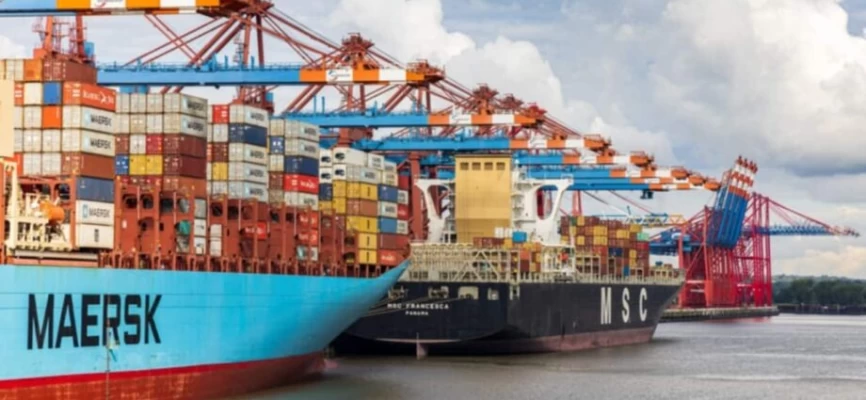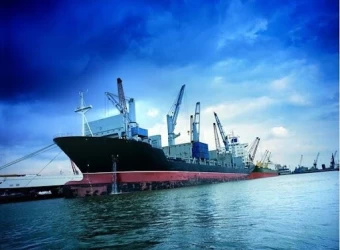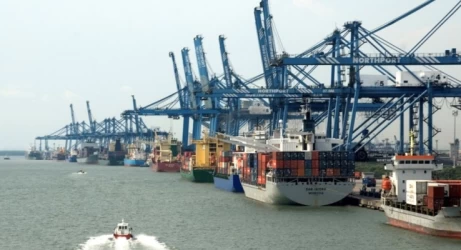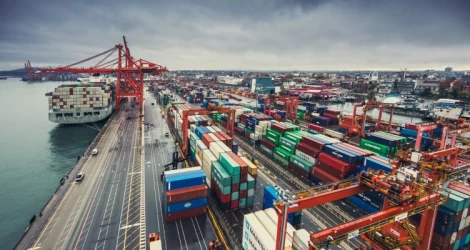The Largest Shipping Companies in the World
The global shipping industry is a cornerstone of international trade, facilitating the movement of goods across continents. Among the myriad of shipping companies, a few stand out due to their sheer size, fleet capacity, and global reach. Here, we delve into the largest shipping companies in the world, highlighting their histories, operations, and contributions to the global supply chain.
1. Mediterranean Shipping Company (MSC)
Headquartered in Switzerland, MSC is the largest container shipping company in the world, boasting a fleet capacity of over 5.7 million TEUs (Twenty-foot Equivalent Units) and operating more than 800 vessels. Founded in 1970, MSC has grown exponentially, offering services in over 155 countries. The company is renowned for its extensive network and efficient logistics solutions.
2. A.P. Moller-Maersk Group
Maersk, a Danish conglomerate, has been a dominant force in the shipping industry for decades. With a fleet capacity of approximately 4.2 million TEUs and around 685 ships, Maersk provides comprehensive shipping and logistics services worldwide. Established in 1904, Maersk has continually innovated, focusing on sustainability and digital transformation in recent years.
3. CMA CGM Group
Based in France, CMA CGM is a leading global shipping company with a fleet capacity of about 3.6 million TEUs and 634 vessels. Founded in 1978, the company has expanded its operations to over 160 countries. CMA CGM is known for its commitment to environmental sustainability and technological advancements in shipping.
4. COSCO Shipping Lines
COSCO, a state-owned enterprise from China, ranks among the top shipping companies with a fleet capacity of over 3 million TEUs and 491 ships. The company was established in 1961 and has since become a key player in the global shipping industry, offering extensive services across Asia, Europe, and the Americas.
5. Hapag-Lloyd
Germany’s Hapag-Lloyd is a major player in the shipping industry, with a fleet capacity of around 2 million TEUs and 274 vessels. Founded in 1970 through the merger of two German shipping companies, Hapag-Lloyd has a strong presence in the transatlantic, Middle Eastern, and Latin American markets.
6. Ocean Network Express (ONE)
ONE is a Japanese joint venture formed in 2017 by the merger of three major Japanese shipping companies: Nippon Yusen Kaisha (NYK), Mitsui O.S.K. Lines (MOL), and Kawasaki Kisen Kaisha (K Line). With a fleet capacity of approximately 1.8 million TEUs and 232 ships, ONE has quickly established itself as a significant player in the global shipping industry.
7. Evergreen Marine Corporation
Taiwan’s Evergreen Marine Corporation is known for its large fleet and extensive service network. With a fleet capacity of about 1.6 million TEUs and 212 vessels, Evergreen operates in major trade routes across the globe. The company was founded in 1968 and has since grown to become one of the largest shipping companies in the world.
8. HMM Co. Ltd.
HMM, formerly known as Hyundai Merchant Marine, is South Korea’s largest shipping company. With a fleet capacity of nearly 800,000 TEUs and 71 ships, HMM plays a crucial role in the global shipping industry. The company has focused on expanding its fleet and enhancing its service capabilities in recent years.
9. Yang Ming Marine Transport Corporation
Another major player from Taiwan, Yang Ming Marine Transport Corporation, has a fleet capacity of around 700,000 TEUs and 94 vessels. Established in 1972, Yang Ming offers comprehensive shipping services across Asia, Europe, and the Americas.
10. Zim Integrated Shipping Services (ZIM)
Israel’s ZIM is a prominent shipping company with a fleet capacity of approximately 650,000 TEUs and 128 ships. Founded in 1945, ZIM has a strong presence in the global shipping industry, offering services in over 100 countries.
Conclusion
The largest shipping companies in the world play a pivotal role in facilitating global trade and ensuring the smooth movement of goods across continents. These companies have not only expanded their fleets and service networks but have also embraced technological advancements and sustainability initiatives to stay competitive in the ever-evolving shipping industry. As international trade continues to grow, these shipping giants will remain integral to the global supply chain.
if you have a specific question or need more details, Iran's logistics experts are your answer!











